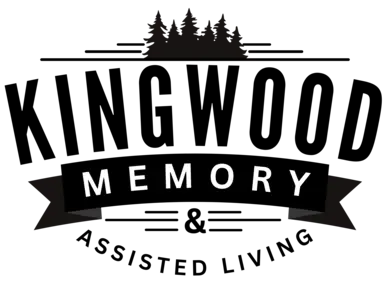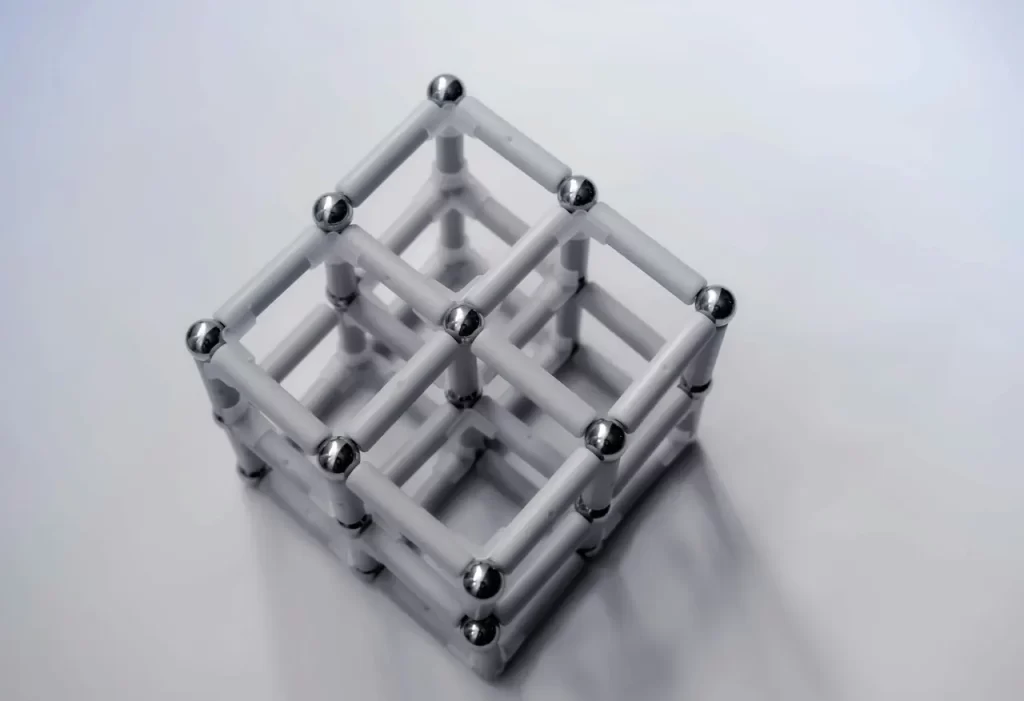Exploring The Effects Of Magnets On The Brain: Magnetotherapy And Transcranial Magnetic Stimulation (TMS)
The application of magnets to the brain has garnered significant interest in both medical and alternative health communities due to its potential therapeutic effects on brain function and mental health. Magnetotherapy and transcranial magnetic stimulation (TMS) are two distinct modalities that utilize magnetic fields to modulate neural activity and treat a variety of neurological and psychiatric conditions. This analysis delves into the mechanisms of action, clinical applications, and potential benefits of magnet-based interventions on brain function and cognitive performance.
Magnetotherapy
– Mechanisms of Action:
Magnetotherapy involves the application of static magnetic fields to specific regions of the body or the brain, aiming to promote healing, reduce pain, and modulate physiological processes. The exact mechanisms underlying magnetotherapy are not fully understood but may involve the modulation of cellular signaling, ion channels, and membrane permeability, leading to alterations in cellular metabolism, blood flow, and tissue regeneration.
– Clinical Applications:
Magnetotherapy is used in the treatment of various medical conditions, including chronic pain, musculoskeletal disorders, and inflammatory conditions. By enhancing tissue oxygenation, reducing inflammation, and promoting cellular repair, magnetotherapy may accelerate the healing process and alleviate symptoms associated with conditions such as arthritis, fibromyalgia, and sports injuries.
– Brain Effects:
While magnetotherapy primarily targets peripheral tissues, some proponents suggest that the application of magnets to the head or scalp may have indirect effects on brain function and cognitive performance. Advocates of magnet therapy claim that magnetic fields can penetrate the skull and influence neuronal activity, potentially enhancing cognitive function, memory, and mental clarity.
Transcranial Magnetic Stimulation (TMS)
– Mechanisms of Action:
TMS is a non-invasive brain stimulation technique that uses brief magnetic pulses to induce electrical currents in specific regions of the brain. By generating magnetic fields that pass through the scalp and skull, TMS can depolarize neurons, modulate synaptic activity, and alter cortical excitability, leading to changes in neural circuitry and neurotransmitter release.
– Clinical Applications:
TMS has been approved by regulatory agencies such as the FDA for the treatment of major depressive disorder, obsessive-compulsive disorder, and migraine headaches. TMS is also being investigated for its potential therapeutic benefits in other neuropsychiatric conditions, including schizophrenia, bipolar disorder, and addiction disorders.
– Brain Effects:
TMS can modulate brain activity in targeted regions implicated in mood regulation, executive function, and motor control. High-frequency TMS over the dorsolateral prefrontal cortex (DLPFC) has been shown to improve depressive symptoms by enhancing neuronal activity in mood-related circuits, while low-frequency TMS over the motor cortex can reduce cortical excitability and alleviate chronic pain conditions.
Potential Benefits And Considerations
– Cognitive Enhancement:
Some studies suggest that TMS may enhance cognitive function and memory performance by facilitating synaptic plasticity and neural network connectivity. TMS protocols targeting specific brain regions involved in learning and memory, such as the hippocampus or dorsolateral prefrontal cortex, have shown promising results in enhancing working memory, attention, and cognitive flexibility.
– Safety And Side Effects:
Both magnetotherapy and TMS are generally considered safe when administered by trained professionals and used according to established protocols. However, potential side effects of TMS may include headaches, scalp discomfort, and transient changes in mood or cognition. Long-term safety and efficacy data for magnet-based interventions are still being investigated, and further research is needed to optimize treatment parameters and minimize adverse effects.
Conclusion
The application of magnets to the brain holds promise as a non-invasive, potentially effective approach to modulating brain function and treating neurological and psychiatric disorders. Magnetotherapy and TMS offer distinct mechanisms of action and clinical applications, with the potential to enhance healing, alleviate symptoms, and improve cognitive performance. While research into the effects of magnets on the brain continues to evolve, magnet-based interventions represent a promising frontier in neuroscience and neuromodulation, offering new avenues for the treatment of brain-related conditions and the enhancement of cognitive function and well-being.
Thank you for taking the time to explore Kingwood Memory Care & Assisted Living. We’re committed to providing compassionate and personalized care for individuals with memory-related challenges. If you have any questions or would like to learn more about our services, please don’t hesitate to reach out to us at 281.892.1400 or via email at info@kingwoodmemorycare.com. We’re here to support you and your loved ones on this journey.





